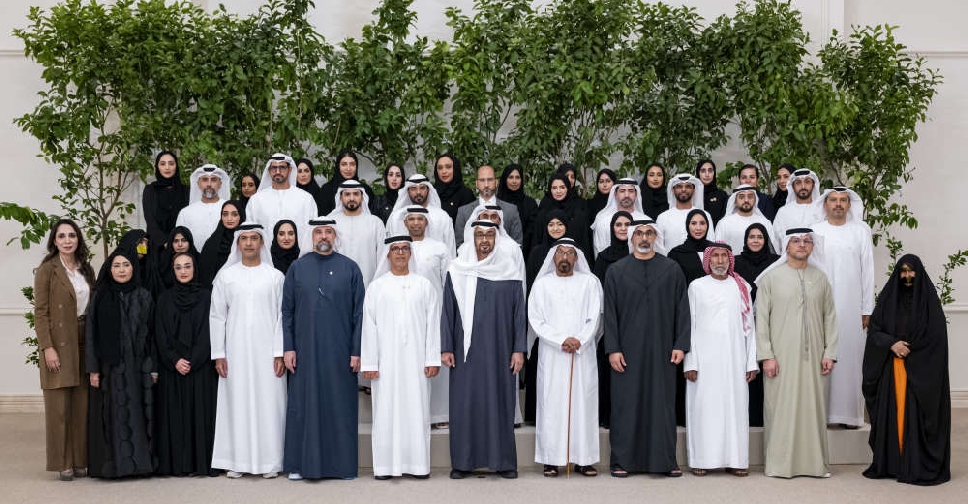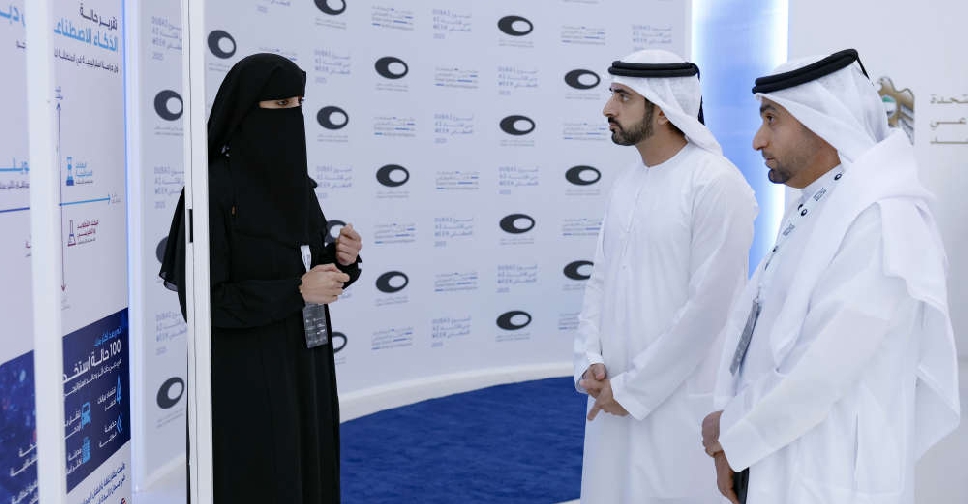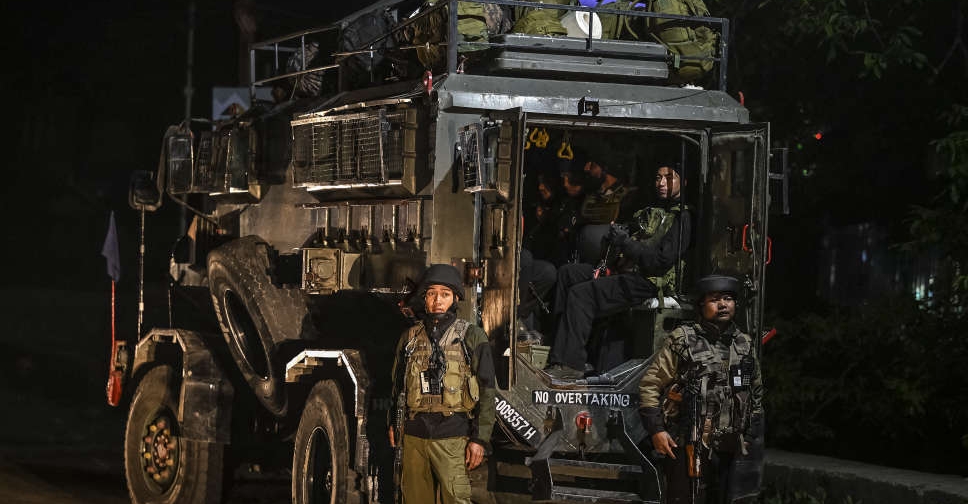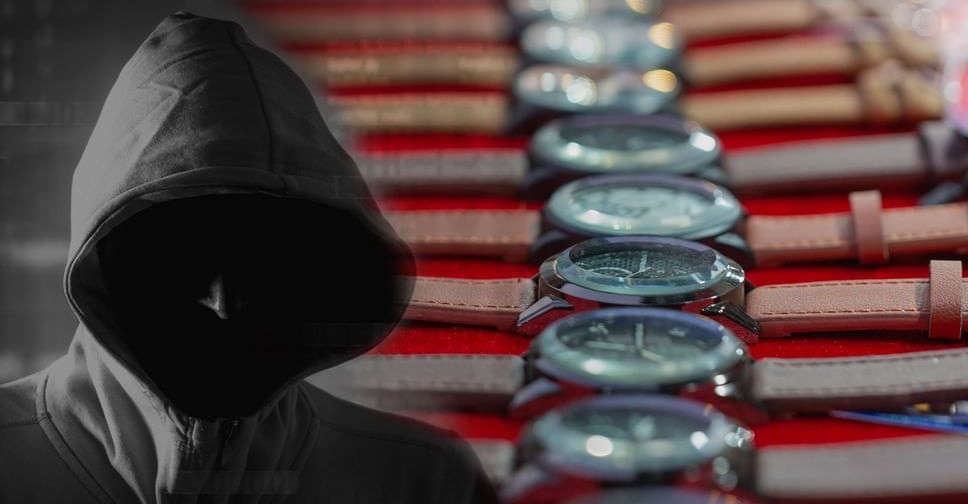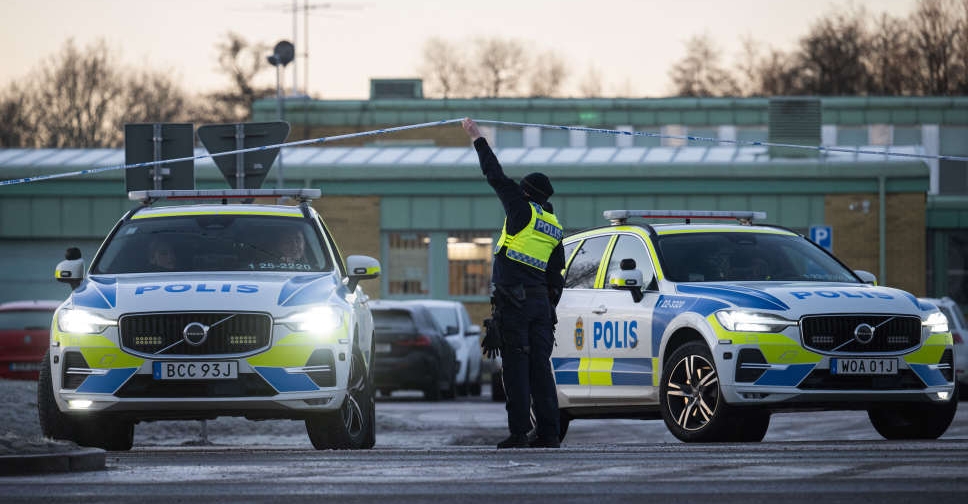
Sweden's right-wing government said on Friday it would seek to tighten gun laws in the wake of the country's deadliest mass shooting at an adult education centre where the attacker appeared to have used several of his own licensed rifles.
Ten people were shot dead at the centre in Orebro on Tuesday, before the man believed to be the perpetrator - identified by a Reuters source and Swedish media as Rickard Andersson, a 35-year-old Swedish recluse - turned a weapon on himself.
Police have not disclosed the names of the dead and injured but have said they hope to conclude the identification process on Friday. Among the victims were several Christians who fled persecution in Syria. Police say they have found no evidence of an ideological motive so far.
The government has agreed with its far-right backers in parliament to tighten up the vetting process for people applying for licenses to own semi-automatic weapons.
It said the AR-15, an assault rifle based on a military design that has been used in many mass shootings in the United States, was the kind of gun it wanted to limit access to.
The government said it also wanted to strengthen information sharing between the police and the National Board of Health and Welfare regarding individuals who should not be allowed to own guns for medical reasons.
"We have to ensure that only the right people have guns in Sweden," Prime Minister Ulf Kristersson told reporters while on a visit to Latvia.
Sweden's main opposition party, the Social Democrats, welcomed the move but called for more far-reaching vetting and controls. "There is a before and after February 4," Social Democrat lawmaker Theresa Carvalho told a press conference.
Police have not specified what kind of weapons were used in the attack, saying only that three rifles licensed to the suspected killer were found near his dead body. Local media have reported he had a hunting license.
The attack has also raised questions about whether security at Sweden's schools needs to be better. Unlike in many other countries, schools are generally seen as semi-public spaces and rarely have any controls on who can go in and out.
The government is looking at speeding up legislation already going through parliament that would make it easier for schools to install surveillance cameras, Justice Minister Gunnar Strommer told Swedish media on Thursday.
Police have said the suspect, who has not been formally identified, had permits for four rifles and that investigators found three weapons next to his dead body along with 10 empty ammunition magazines and large amounts of unused ammunition.
Sweden has a high level of gun ownership by European standards, though it is much lower than in the United States. Most weapons are held legally for hunting, but a wave of gang crime has highlighted the high incidence of illegal handguns.
Figures from 2017 by The Small Arms Survey, a Swiss-based research institute, showed there were about 2.3 million guns held by civilians in Sweden. That is around 23 guns per 100 people compared to 120 in the United States and 4.6 in Britain.
The attack has left Sweden in mourning and police are still trying to determine a motive. They are looking into information he was at some point a student at the school.
The school has around 2,700 students, around 800 of whom are enrolled in Swedish For Immigrants courses, according to information provided by the local authority.

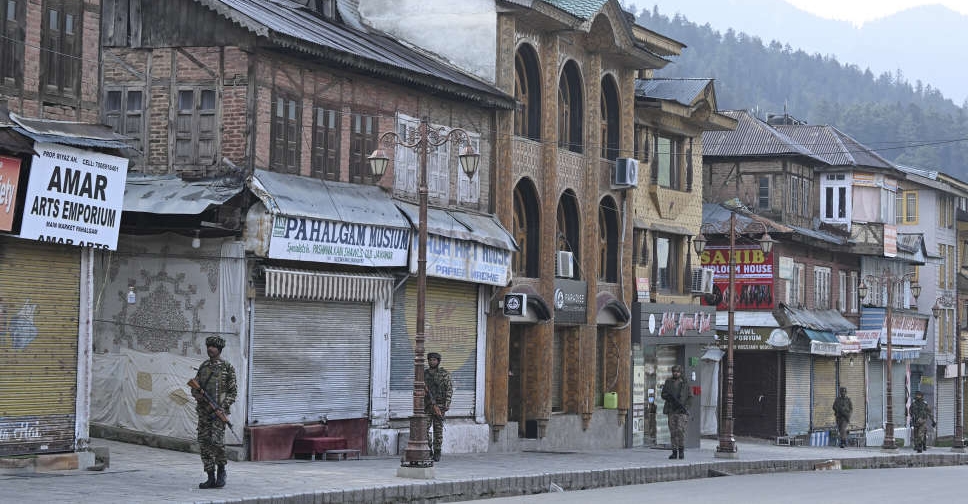 Death toll in India terror attack rises to 26
Death toll in India terror attack rises to 26
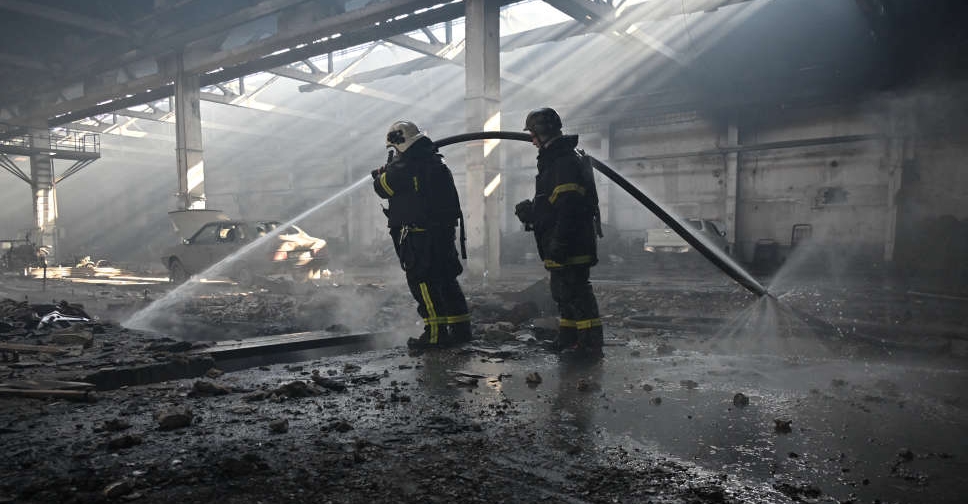 At least 9 dead as Russian drone attacks target Ukrainian civilian facilities
At least 9 dead as Russian drone attacks target Ukrainian civilian facilities
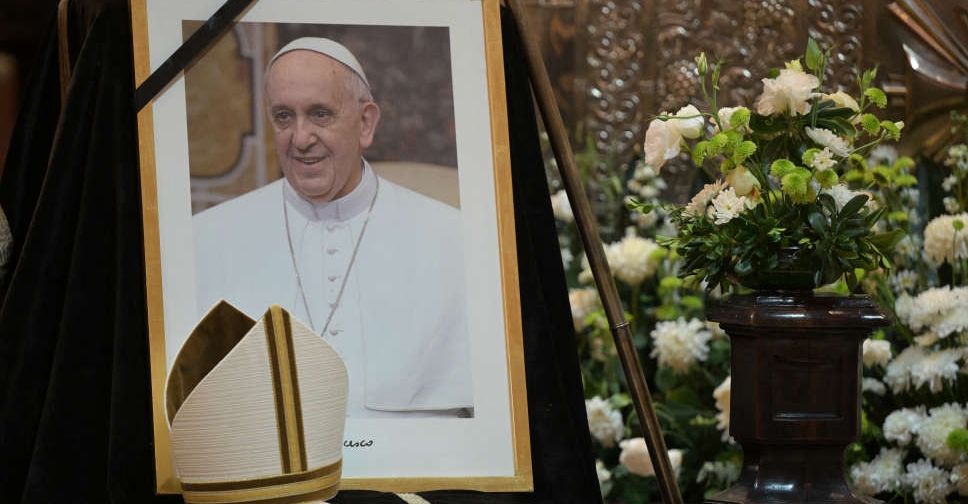 Pope Francis' body to be taken to St Peter's ahead of funeral
Pope Francis' body to be taken to St Peter's ahead of funeral
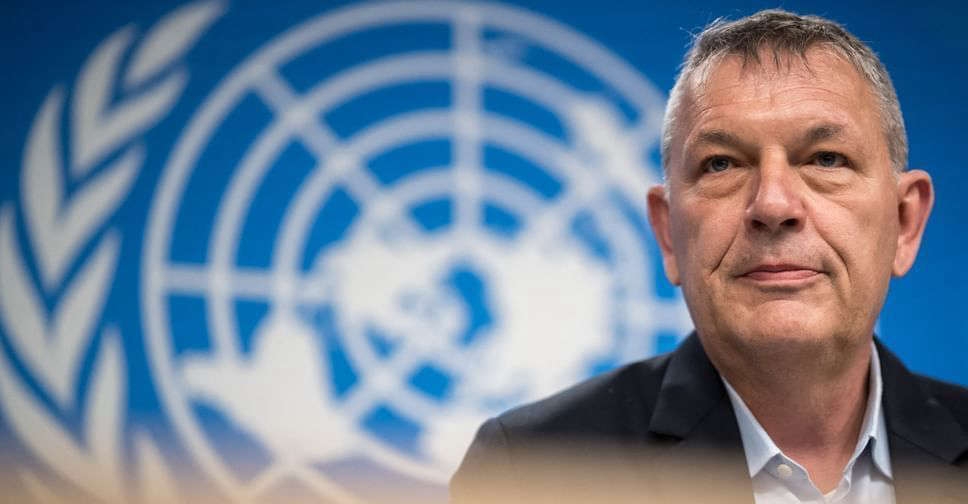 Chief of UNRWA denounces 'deliberate famine' in Gaza
Chief of UNRWA denounces 'deliberate famine' in Gaza
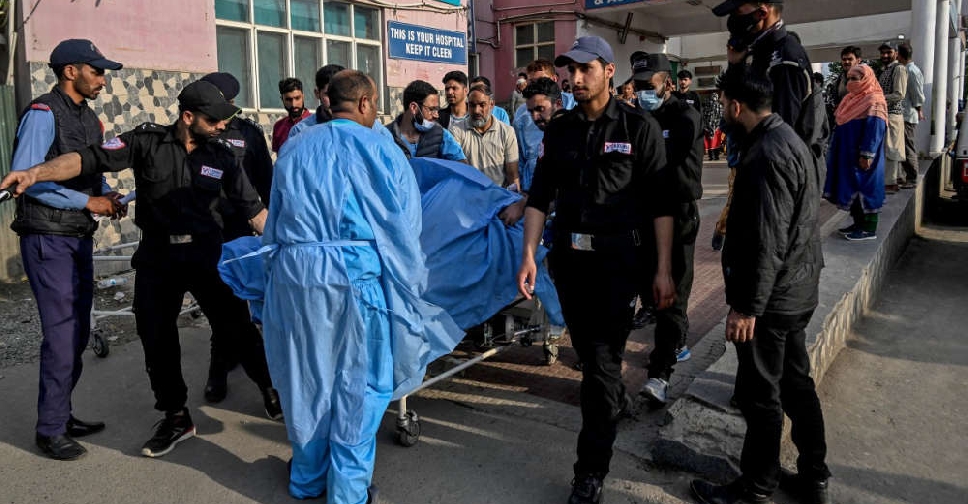 Multiple casualties in militant attack in Indian Kashmir
Multiple casualties in militant attack in Indian Kashmir
